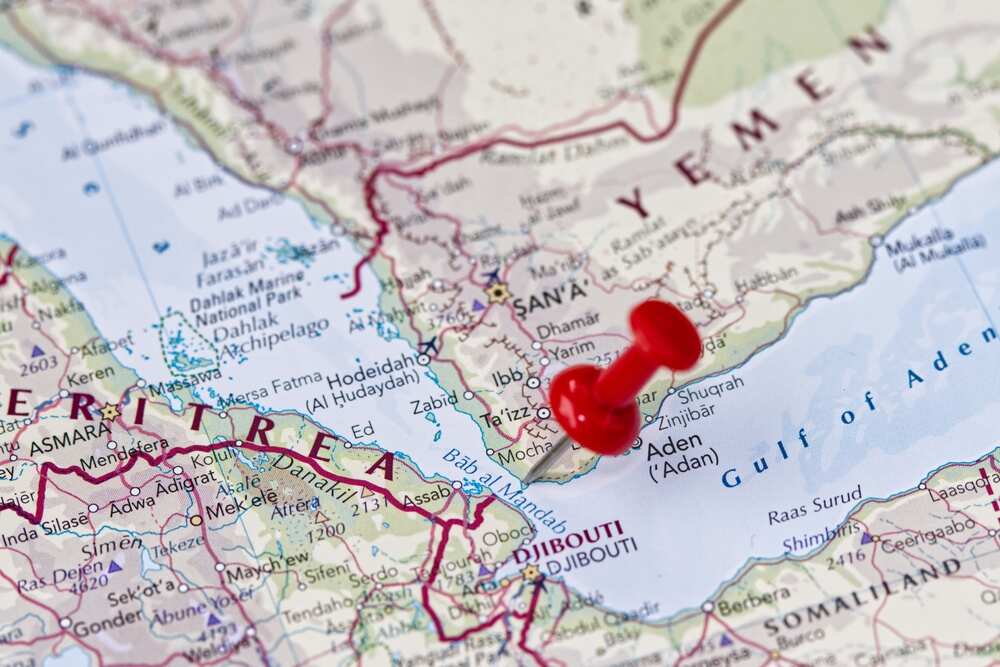UN’s Call for Yemen Aid Raises Questions About Real Solutions to Conflict

The United Nations is calling for immediate humanitarian aid to Yemen, a nation ravaged by years of civil war and now on the brink of a humanitarian catastrophe. While this appeal tugs at the heartstrings, it’s hard to ignore that the crisis in Yemen is as much about political failures as it is about humanitarian needs. The UN’s demand for more aid might look compassionate, but is it actually addressing the root of the problem?
For years, Yemen has been caught in a proxy war, fueled by Iran’s support of the Houthi rebels. Yet, as the international community pledges aid, there’s little talk about holding Iran accountable for destabilizing the region. This endless cycle of sending funds without addressing the players behind the scenes does little to bring about a lasting solution. Every dollar of aid sent without accountability only prolongs the suffering, feeding into a system where corruption and violence reign supreme.
The UN’s emphasis on immediate aid is understandable—people are suffering and need immediate relief. But how many times can we keep applying a band-aid to a wound that requires a more aggressive intervention? Western nations are expected to foot the bill for these crises, yet there’s no real discussion on bringing those who fuel the conflict to the table.
This isn’t a call to abandon humanitarian aid; far from it. But conservatives have long argued that aid without accountability only enables the very forces causing the destruction.
For years, countries like Iran have fueled the fire in Yemen, providing support to the Houthi rebels and turning the nation into a proxy battlefield. Until the international community holds these players accountable, Yemen will remain trapped in this cycle of violence, and all the aid in the world won’t bring about real change.
The sad reality is that much of the aid meant for Yemen’s suffering civilians rarely reaches those in need. Corruption and theft by rebel groups often siphon off resources, redirecting them to fund more violence rather than providing relief. This system exploits the compassion of Western nations while deepening the suffering of Yemen’s people.
A meaningful solution in Yemen requires more than dollars—it requires a commitment to peace backed by accountability. The UN, rather than just calling for more aid, should be rallying global powers to pressure Iran to end its destabilizing activities in the region. Real leadership means addressing both the symptoms and the disease.
As the world responds to the UN’s plea, it’s crucial to ask: are we just putting a band-aid on a bullet wound? Without addressing the root causes, this cycle will continue.
Yemen’s civilians deserve more than temporary aid; they deserve a future where they aren’t pawns in a proxy war. But that future won’t be built on aid alone—it needs a real commitment to peace.









